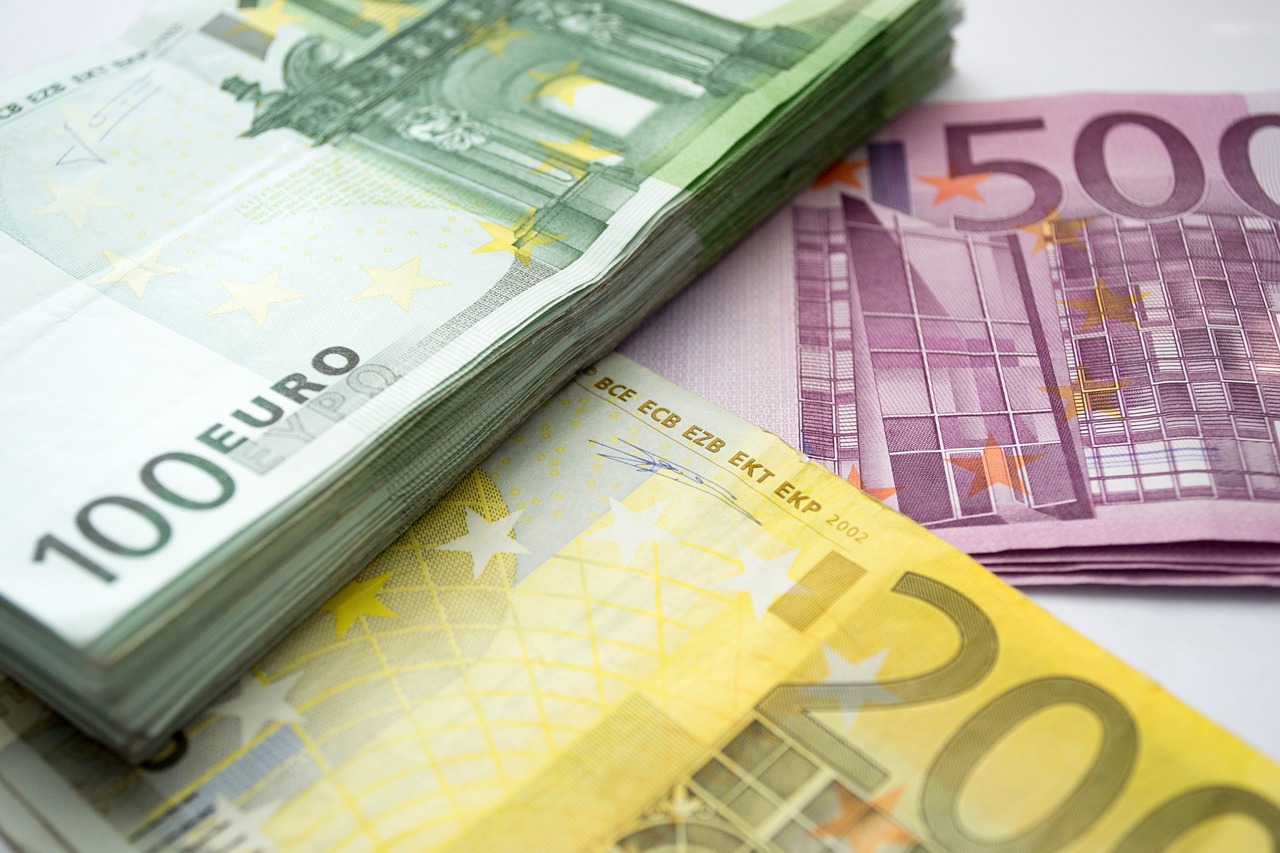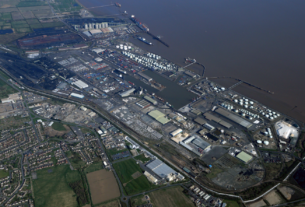Belgium – An ambitious proposal that might change Belgium’s energy landscape and boost its position as a major participant in the European hydrogen market has received approval from the country’s council of ministers.
The approval includes a substantial €250 million subsidy to create a sizable hydrogen transportation network. This innovative project incorporates linkages with the nearby German region and the creation of a complex network linking the major industrial clusters in Belgium, including those in Ghent, Antwerp, Mons, Charleroi, and Liège.
Last year, Belgium unveiled its national hydrogen plan in an effort to hasten the adoption of hydrogen as a sustainable and clean energy source. The plan outlined the audacious goal of importing substantial amounts of hydrogen and its derivatives, with a sizable percentage going to nearby European nations. The administration suggested committing €300 million in public funds to build a pipeline connection with Germany by 2028 in order to accomplish this objective. The foundation for building this vital infrastructure has already been built with the recent approval of €250 million; the remaining €50 million are still to be allocated.
Adding to infrastructure
More than a third of Europe’s total 1,600km network of hydrogen pipelines, or over 570km, are present in Belgium. The current pipelines link different industrial clusters in Belgium and go out into the neighboring countries of France and the Netherlands. The nation hopes to further develop its hydrogen networks by utilizing this infrastructure linking important industrial hubs in Ghent, Antwerp, Mons, Charleroi, and Liège. Furthermore, Belgium wants to use both brand-new and reused gas pipes to build strong linkages with Germany.
The Belgian parliament passed a comprehensive regulatory framework that is especially designed for hydrogen pipelines earlier this month in a crucial legislative step. With intentions to formalize the choice early next year, this regulatory framework lays the stage for choosing a dedicated hydrogen network operator to supervise the system’s operations. To ensure seamless and secure hydrogen transport and to instill trust in investors and stakeholders, a clear regulatory framework must be established.
Germany and Belgium have agreed to connect their hydrogen pipeline networks as early as 2028, demonstrating their commitment to international collaboration. This cooperative effort demonstrates a dedication to promoting a pan-European hydrogen market and making it easier for countries to exchange hydrogen resources in an efficient manner. The partnership aims to boost energy security, encourage environmentally friendly behaviors, and open the door for attaining bold climate targets on a global scale.




